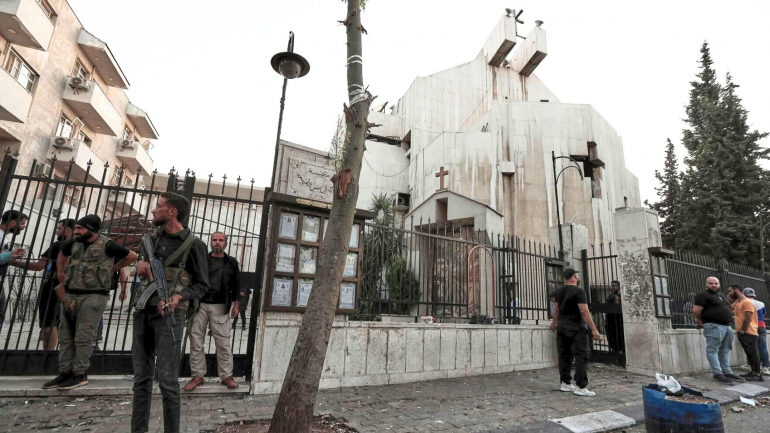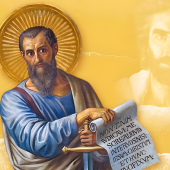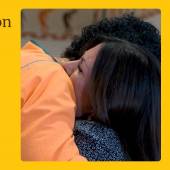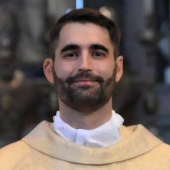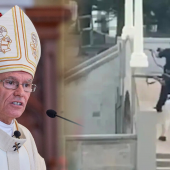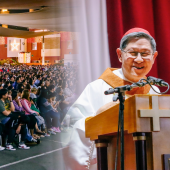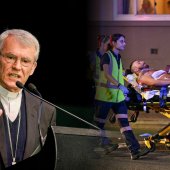Suicide Bombing at Damascus Church Kills 22 Worshippers
A suicide bombing during Sunday evening Mass at the Greek Orthodox Church of the Prophet Elias in the Dweila neighborhood of Damascus left 22 people dead and at least 63 injured on June 23.
The assailant, reportedly linked to the Islamic State (IS) group, opened fire before detonating an explosive vest inside the crowded church.
The blast caused extensive destruction, leaving the altar shattered, pews broken, and bloodstains on the walls. Eyewitnesses described scenes of panic and horror as worshippers attempted to flee.
This is the first major terrorist attack in Damascus since Islamist-led rebels toppled the Assad regime in December 2024, ending 13 years of civil war.
In a statement, the Greek Orthodox Patriarchate of Antioch condemned the “treacherous hand of evil” and called on Syria’s interim authorities to uphold their responsibility in protecting churches and citizens.
Religious leaders and international figures, including UN Special Envoy Geir Pedersen and US Special Envoy Tom Barrack, strongly denounced the attack and urged unity against extremism and violence.
The Syrian Interior Ministry has launched a full investigation, vowing that such acts will not derail efforts toward civil peace and reconciliation.
A suicide bombing during Sunday evening Mass at the Greek Orthodox Church of the Prophet Elias in the Dweila neighborhood of Damascus left 22 people dead and at least 63 injured on June 23.
The assailant, reportedly linked to the Islamic State (IS) group, opened fire before detonating an explosive vest inside the crowded church.
The blast caused extensive destruction, leaving the altar shattered, pews broken, and bloodstains on the walls. Eyewitnesses described scenes of panic and horror as worshippers attempted to flee.
This is the first major terrorist attack in Damascus since Islamist-led rebels toppled the Assad regime in December 2024, ending 13 years of civil war.
In a statement, the Greek Orthodox Patriarchate of Antioch condemned the “treacherous hand of evil” and called on Syria’s interim authorities to uphold their responsibility in protecting churches and citizens.
Religious leaders and international figures, including UN Special Envoy Geir Pedersen and US Special Envoy Tom Barrack, strongly denounced the attack and urged unity against extremism and violence.
The Syrian Interior Ministry has launched a full investigation, vowing that such acts will not derail efforts toward civil peace and reconciliation.
Radio Veritas Asia (RVA), a media platform of the Catholic Church, aims to share Christ. RVA started in 1969 as a continental Catholic radio station to serve Asian countries in their respective local language, thus earning the tag “the Voice of Asian Christianity.” Responding to the emerging context, RVA embraced media platforms to connect with the global Asian audience via its 21 language websites and various social media platforms.





